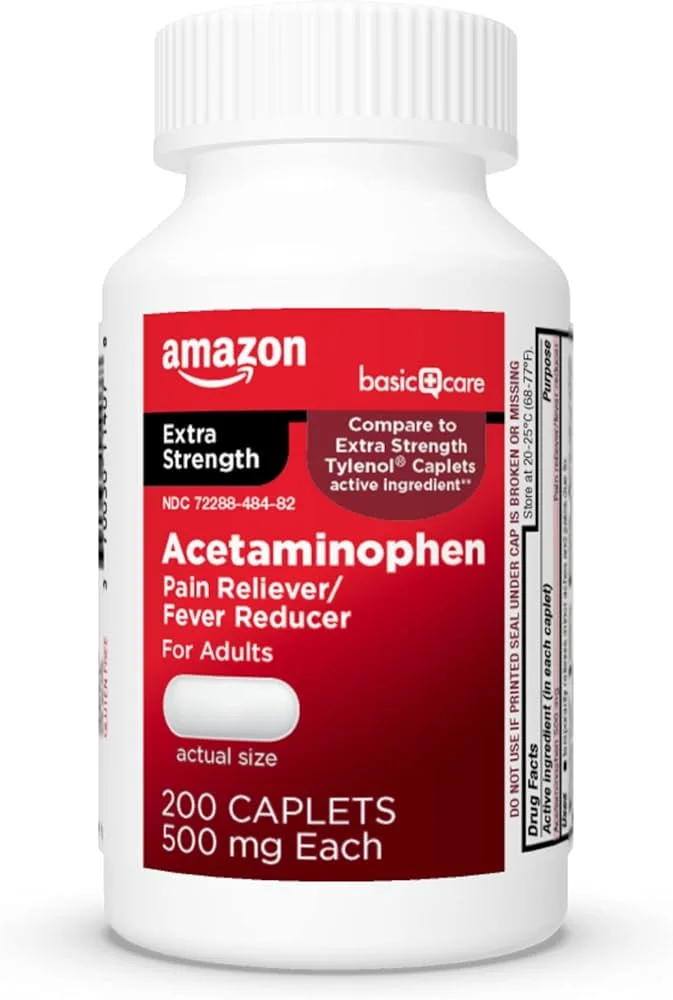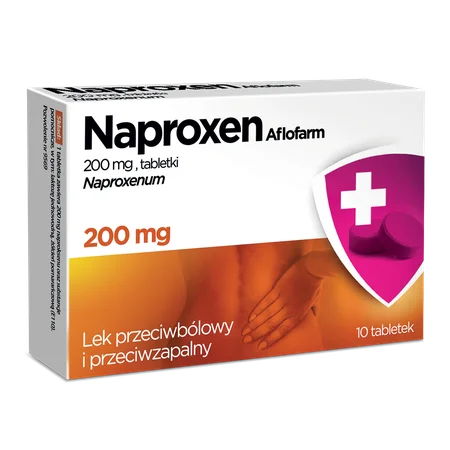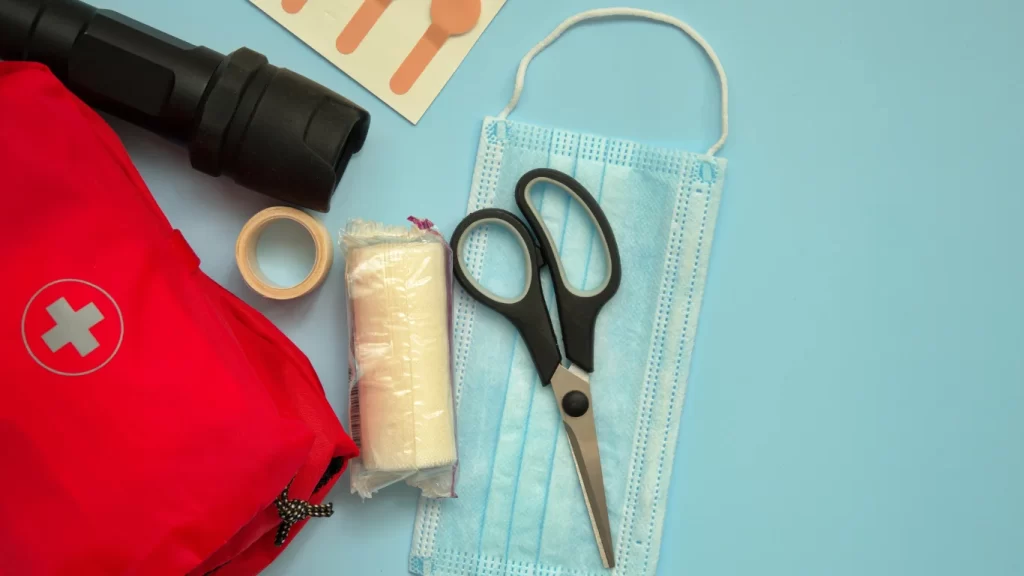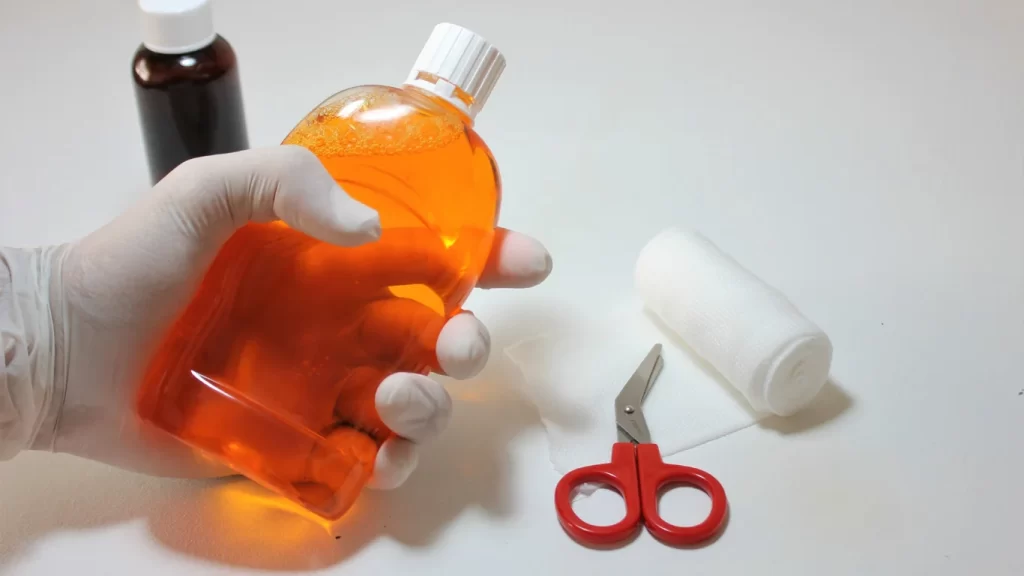A well-stocked medicine cabinet is a must-have, ensuring that relief is at hand for various common ailments and injuries. As 2024 approaches, it is increasingly important to consider what essentials are needed to keep within reach, aligning with everyday health needs and unexpected emergencies. This focal point reflects an awareness of health and wellness trends and underscores the significance of preparedness in modern living spaces. Including items that cater to pain relief, allergy mitigation, and digestive health, alongside first aid essentials, demonstrates a holistic approach to managing health from the comfort of one’s home.
With the landscape of home healthcare evolving, the article aims to guide readers through essentials you must have in medicine cabinet in 2024. Highlighting the key components that make up a practical medicine cabinet reinforces the value of having access to a well-thought-out collection of health aids. This embodies the practicality of having key health items ready and underlines the importance of personal and family health management in today’s fast-paced world.
6 Essentials You Must Have in Medicine Cabinet
- Prescription Medications: Always keep any prescribed medications readily available to address specific health conditions.
- Hydrocortisone Cream: A home must have medicine essential for treating skin irritations and rashes, providing quick relief.
- Decongestants and Cough Drops: Essential for managing cold or flu symptoms, ensuring comfort during recovery.
- Activated Charcoal: Important for emergencies involving accidental poisoning, helping to absorb toxins.
- Bladder Infection Remedies: Phenazopyridine can be critical for those susceptible to urinary tract infections.
- Nail Clippers and Eye Care Kits: Maintain personal hygiene with tools like nail clippers and eyeglass repair kits, regular eye drops and contact lens cleaners.
Related: Find other ways to make sure youre taking care of yourself.
Your Medicine Cabinet in 2024 Should Include
Pain Relievers and Fever Medications
Acetaminophen (e.g., Tylenol) effectively relieves pain and reduces fever.

Ibuprofen (e.g., Advil, Motrin), a non-steroidal anti-inflammatory drug (NSAID), relieves pain, reduces fever, and decreases inflammation.
Naproxen (e.g., Aleve) is another NSAID used for its pain-relieving, fever-reducing, and anti-inflammatory properties.

Aspirin is effective for adults in pain relief and emergencies but is not recommended for children under 12 due to the risk of Reye’s syndrome.
- Thermometers: Electronic thermometers for accurate fever checking.
- Eye Care: Eye drops containing an antihistamine and a decongestant can soothe itchy eyes effectively.
This section focuses on the essential medications for pain relief and fever reduction, crucial for any well-stocked medicine cabinet as we head into 2024.
Allergy Relief Medications
- Antihistamines
- Benadryl (Diphenhydramine): Effective for severe allergic reactions.
- Claritin, Zyrtec, Allegra: These non-drowsy options are essential for day-to-day allergy management.
- Diphenhydramine, Chlorpheniramine, Clemastine: Suitable for relieving sneezing and runny nose but may cause drowsiness.
- Loratadine: A non-sedating option, ideal for daytime use.
- Nasal Sprays and Eye Drops
- Saline nasal spray helps clear nasal passages during high allergy seasons.
- Flonase Nasal Spray: Provides relief from nasal congestion.
- Eye Drops with Antihistamine and Decongestant: Soothe itchy and watery eyes effectively.
- Allergy Relief Formulations
- Antihistamine Creams and Sprays, Hydrocortisone: Offer relief for itchy skin and other topical allergic reactions.
- Dextromethorphan and Guaifenesin: Treat different types of coughs associated with allergies.
First Aid Supplies

Must-Haves
- Antiseptic Wipes and Antibacterial Ointment: Crucial for cleaning and protecting wounds from infection.
- Compound Tincture of Benzoin: Helps in adhering bandages to the skin.
- Assorted Adhesive Bandages and Butterfly Bandages For minor cuts and scrapes.
- Gauze Pads and Nonstick Sterile Pads: Essential for covering more extensive cuts, scrapes and wounds.
- Medical Adhesive Tape: To secure bandages.
- Blister Treatment and Pain-Relief Medication: To manage discomfort and prevent infection.
- Insect Sting/Anti-Itch Treatment and Antihistamine: For allergic reactions and bites.
Specialized Tools and Supplies
- Tweezers and Safety Pins: These are to remove splinters and secure bandages.
- Scissors and Pill Cutters: To modify bandages and dosage forms.
- Thermometer and Blood Pressure Monitor: This monitor monitors vital signs.
- Elastic Wrap and Triangular Bandages: For sprains and limb support.
- SAM Splint and Finger Splints: For immobilizing injured limbs or fingers.
Advanced Care Components

- Hydrogel-Based Pads and Hemostatic Gauze: For burns and severe bleeding.
- First-Aid Cleansing Pads with Topical Anesthetic: To clean wounds with pain relief.
- Liquid Bandage: For minor cuts or abrasions.
Emergency Preparedness Items
- Emergency Phone Numbers and Medical Consent Forms: Contact emergency services and inform them about their medical history.
- Small Flashlight or Headlamp and Waterproof Matches: For visibility and warmth in emergencies.
- Emergency Space Blanket, Sunscreen, and Insect Repellant: For protection against the elements.
- Cell Phone with Solar Charger: This is for communication in remote or power-out areas.
Maintenance and Customization
- Regular Checks: To ensure all electronic items are functional and to replace expired or used supplies.
- Tailoring Kits: Based on individual or family needs, activities, and medical conditions.
This comprehensive list of medicine cabinet essentials ensures your medicine cabinet is ready for everyday mishaps and more severe emergencies.
Digestive Health Products
- Antidiarrheals: Medications such as Imodium and bismuth subsalicylate are crucial for treating diarrhea, ensuring quick relief and control.
- Antacids and Acid Reducers: Antacids like Tums and Rolaids can quickly relieve heartburn, while products like Maalox or Mylanta have longer-lasting effects. For preventive care, H2 blockers and proton pump inhibitors are effective.
- Probiotics and Prebiotics: Supplements like Culturelle Digestive Daily Probiotic Capsules and foods rich in probiotics and prebiotics support a healthy digestive system.
Specialized Digestive Aids
- Digestive Enzymes aid in dissolving the food we consume into nutrients. They are available as supplements or in foods like pineapple and papaya.
- Fibre Supplements: Essential for digestive health, options include high-fiber foods and supplements that aid in regularity and gut health.
- Hydration: Adequate water intake is vital for digestive health. Eight glasses per day is recommended, but this may vary based on individual needs.
Managing Specific Conditions
- Motion Sickness Treatments: For those prone to motion sickness, having specific medications readily available is vital.
- IBS and Inflammatory Bowel Disease (IBD) Relief: Probiotics like Florastor and Align are tailored for managing symptoms associated with these conditions, offering targeted relief.
Over-the-Counter Options
- Gastrointestinal Medications: A comprehensive range includes options for quick stomach relief and ongoing management of symptoms with products like Pepto Bismol and Polyethylene glycol.
- Best Probiotics for Specific Needs: From general gut health to specific conditions like bloating or weight management, supplements such as Ritual Synbiotic+ and Garden of Life Dr. Formulated Probiotics cater to diverse needs.
Additional Essentials for Specific Needs
- Dental Care Items: Stock up your medicine cabinet with everyday essentials such as toothbrushes, toothpaste, mouthwash, and floss.
- Baby Care Products: Stock diaper rash creams, baby nail clippers, and baby-safe thermometers for the little ones.
Storage and Safety
- Medication Storage: Keep all medications and supplies in a cool, dry, dark place to preserve efficacy. Regularly check and discard expired medications to ensure safety.
- Safe Disposal Practices: Properly dispose of expired or unused medications using medication disposal boxes and removing personal information from labels.
Maintenance and Monitoring
- Inventory Checks: Regularly review the medicine cabinet to ensure all items are up-to-date and replenish supplies as needed.
- Accessibility: Store essential items like insect repellent and sunscreen near entry points for easy access.
Conclusion – Medicine Cabinet in 2024
Throughout this article, we’ve navigated the crucial components of a well-prepared medicine cabinet, highlighting essential items for pain relief, allergy mitigation, digestive health, first aid, and beyond as we approach 2024. This comprehensive guide aims to ensure that individuals and families are well-equipped to handle common health concerns and emergencies from the comfort of their homes, emphasizing the importance of having a holistic and adaptable approach to health management. By including a thoughtful selection of healthcare products and maintaining these items, individuals can rest assured that they have the tools necessary to support their well-being effectively.
The broader implications of maintaining such a well-stocked medicine cabinet extend beyond mere convenience, fostering a culture of preparedness and proactive health management. As healthcare trends evolve and our understanding of home health essentials expands, the significance of these practices in promoting overall health and preventing complications cannot be overstated. Hence, readers are encouraged to regularly review and update their medicine cabinets in alignment with the outlined essentials, ensuring they continue to meet their household health needs.





